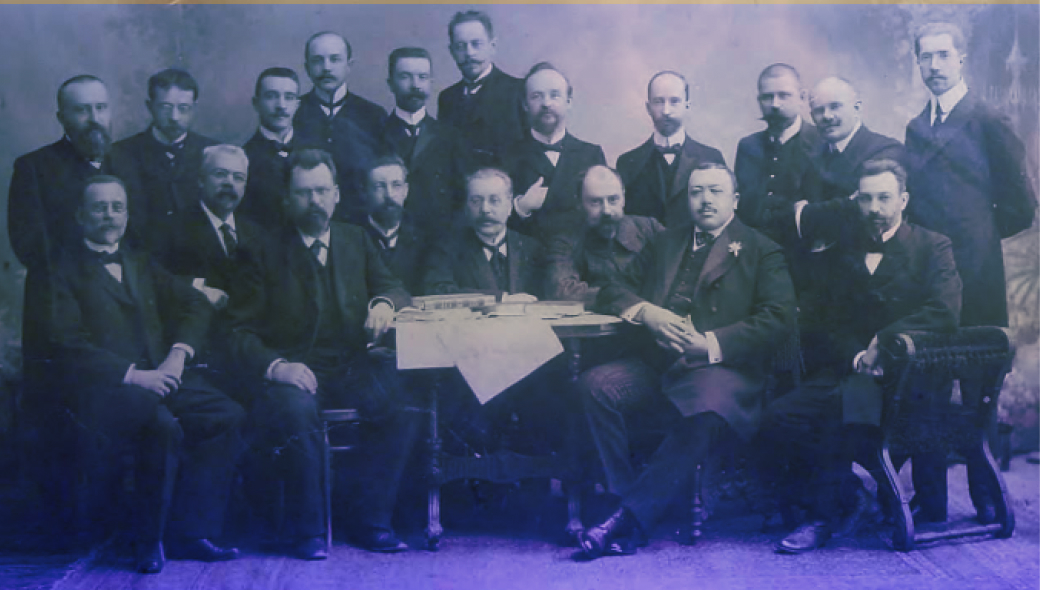Abstract
The article presents results of research on the origin and development of scientific schools in the field of metallurgy in Eastern Europe at the turn of the 19th–20th centuries, associated with the scientific and pedagogical activities of the famous scientist Professor Mikhail Karlovich Ziegler in the higher technical educational institutions of Warsaw (Warsaw Polytechnic Institute of Emperor Nicholas II), Kharkiv (Kharkov Technological Institute of Emperor Alexander III), St. Petersburg (Petrograd Polytechnic Institute) and Moscow (Moscow Mining Academy).
The main facts of the biography of this scientist and educator are given. The stages of formation of M.K. Ziegler as a personality and a scientist against the backdrop of occurring historical processes are shown. The Soviet period of his activity was considered separately.
The scientific achievements of Professor Ziegler in the field of steel metallurgy, in particular, in determining the strength of steels depending on the conditions of their crystallization, studying the diffusion of impurities in steels, which became the foundation for the development of continuous casting technology, i.e.one of the most important world inventions of the 20th century, are systematized and analyzed.
His organizational and educating contribution for the training of scientific and engineering personnel for the metallurgical industry is also estimated.
The article includes interesting forgotten and little-known facts from the history of metallurgical science and the training of the higher engineering and technical personnel in educational institutions located on the territory of modern Ukraine and Poland.

